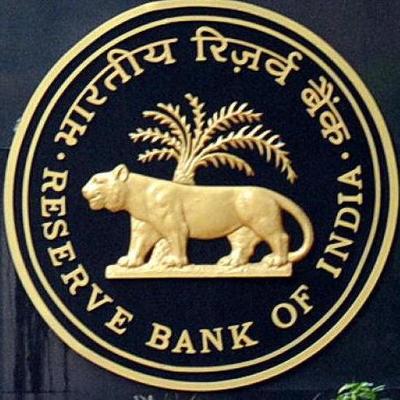Mumbai (Maharashtra), Dec 28 (ANI): India’s financial system remains stable notwithstanding weakening domestic growth, said the Reserve Bank of India (RBI) while releasing December 2019 Financial Stability Report (FSR) here on Friday.
The central bank, however, said the resilience of the banking sector has improved following recapitalisation of public sector banks (PSBs) by the government, but added the risks arising out of global and domestic economic uncertainties and geopolitical developments, however, persist. “India’s financial system remains stable notwithstanding weakening domestic growth. The resilience of the banking sector has improved following the recapitalisation of Public Sector Banks (PSBs) by the government. Risks arising out of global/domestic economic uncertainties and geopolitical developments, however, persist,” said the RBI.
The RBI’s FSR reflects the collective assessment of the Sub-Committee of the Financial Stability and Development Council (FSDC) on risks to financial stability, as also the resilience of the financial system. The report also discusses issues relating to the development and regulation of the financial sector.
Talking about global and domestic macro-financial risks in the FSR, the RBI said the global economy confronted a number of uncertainties – a delay in the Brexit deal, trade tensions, a whiff of an impending recession, oil-market disruptions and geopolitical risks – leading to a significant deceleration in growth.
“These uncertainties weighed on consumer confidence and business sentiment, dampened investment intentions and unless properly addressed are likely to remain a key drag on global growth,” added the RBI.
“As regards the domestic economy, aggregate demand slackened in Q2 of 2019-20, further extending the growth deceleration. While the outlook for capital inflows remains positive, India’s exports could face headwinds in the event of sustained global slowdown but current account deficit is likely to be under control reflecting muted energy price outlook,” said the FSR.
According to the report, reviving the twin engines of consumption and investment while being vigilant about spillovers from global financial markets remains a critical challenge going forward.
Talking about the performance and risks of financial institutions, the FSR says scheduled commercial banks’ (SCBs) credit growth remained subdued at 8.7 per cent year-on-year (y-o-y) in September 2019, though private sector banks (PVBs) registered double-digit credit growth of 16.5 per cent.
“SCBs’ capital adequacy ratio improved significantly after the recapitalisation of public sector banks (PSBs) by the government,” added the RBI in the report.
In December first week, the RBI while keeping the repo rate unchanged at current 5.15 per cent level but had revised the gross domestic product (GDP) growth projection for the current financial year 2019-20 to 5 per cent from its earlier forecast of 6.1 per cent.
The economy slowed to 4.5 per cent in the July to September quarter from 5 per cent growth in the April to June quarter. In the previous fiscal year 2018-19, the GDP grew by only 6.8 per cent, according to government data.
This was mainly due to weak household spending, muted corporate investments, and a crippling slowdown in manufacturing and construction activity.
To Listen to this News click on the play button.












